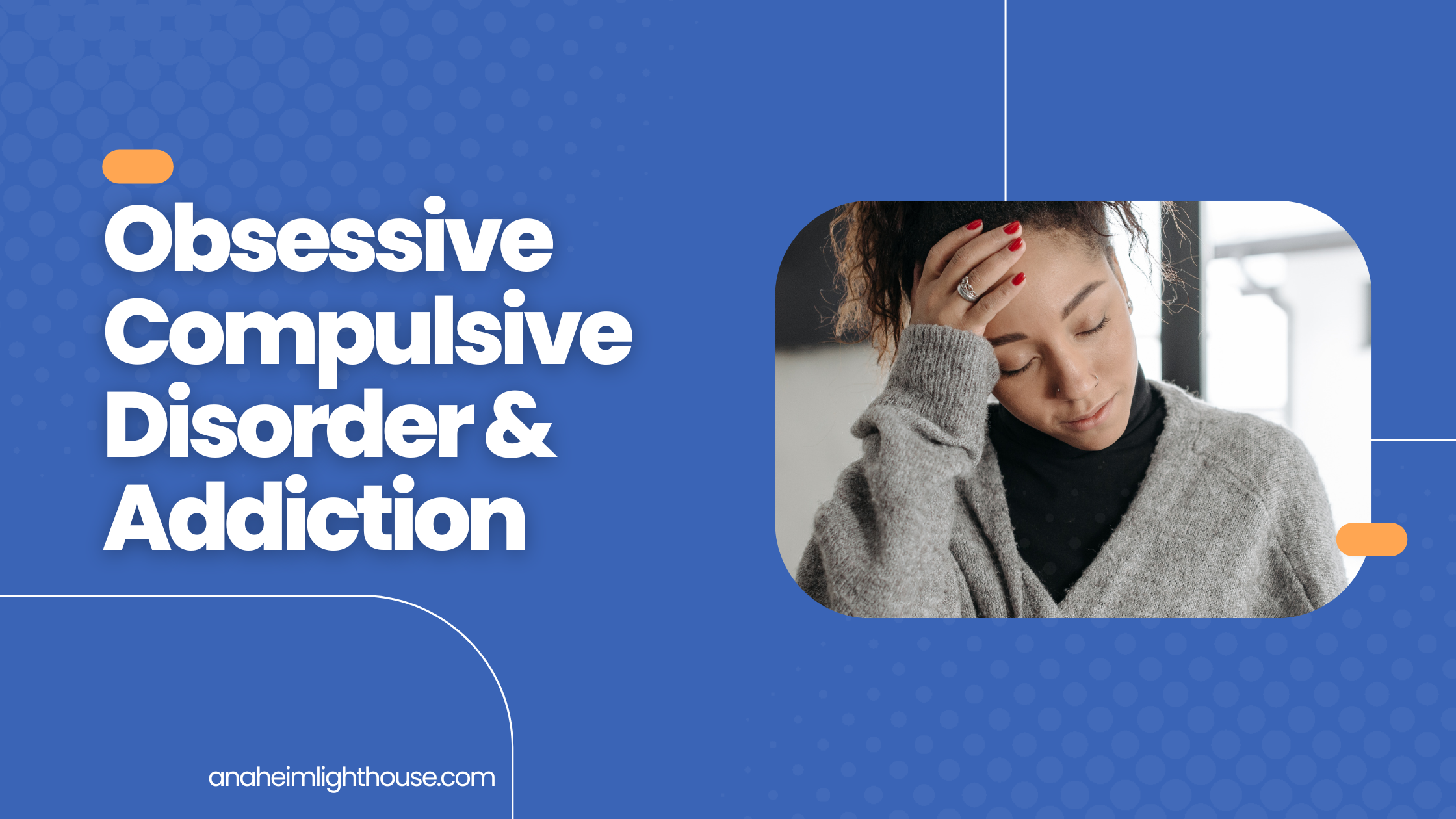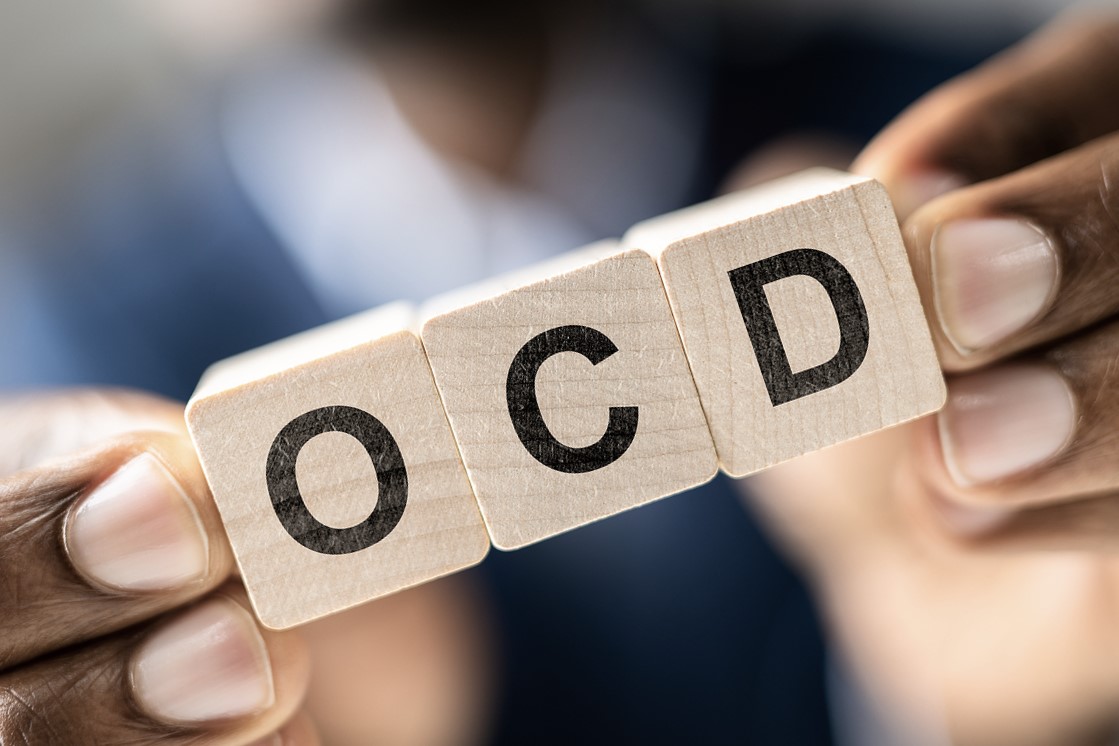Obsessive-Compulsive Disorder And Addiction
Obsessive-Compulsive Disorder, often known as OCD, is a mental illness that affects millions of people worldwide. And when coupled with substance abuse, it can be a very dangerous combination. This makes treatment very complicated.
In this article, we will take a look at what OCD is, how it can lead to addiction and some of the available treatment options. This can hopefully help you or someone you know who may be struggling with this disorder.
What is Obsessive-Compulsive Disorder?
Obsessive-Compulsive Disorder is a mental disorder that is characterized by intrusive thoughts and behaviors. Intrusive thoughts or obsessions are thoughts, images, or urges that you do not want, and they trigger feelings of anxiety, fear, or distress. Repetitive behaviors or compulsions are things you feel like you need to do to try to relieve the anxiety or distress caused by the intrusive thoughts.
In many people, OCD is often overlooked and/or misunderstood. This is because OCD can manifest in a variety of ways and the symptoms can vary from person to person. For some, the obsessions may be about germs or contamination and they may compulsively wash their hands or clean their house.
Others may have intrusive thoughts about harm coming to themselves or others and they may compulsively check things to make sure they are safe. Still, others may have obsessions with symmetry or order and they may compulsively arrange things in a certain way.
While the symptoms of OCD can vary, the one constant is that the person experiences a great deal of distress due to their obsessions and/or compulsions. In some cases, the obsessions and compulsions can be so severe that they take up a large amount of time and interfere with a person’s ability to function in their daily life.

How Can OCD Lead to Addiction?
There are a few ways that OCD can lead to addiction. First, some people may turn to drugs or alcohol as a way to try to self-medicate their symptoms. It can be frustrating for people struggling with OCD to seek treatment especially as there is still a stigma surrounding mental illness and seeking help for it. Some people may feel like they are the only ones struggling with their thoughts and behaviors and they may turn to substances as a way to cope.
Another way that OCD can lead to substance addiction is through compulsive behaviors. For example, someone who may have tried alcohol or drugs once and liked the way it made them feel may compulsively seek out those substances in an attempt to recreate that feeling. This can lead to addiction as the person begins to chase after that initial high.

Risk Factors for OCD and Addiction
There are several risk factors for both OCD and addiction. These include genetics, environmental factors, and psychological factors. One of the more critical factors is when a person ignores the condition and does not seek treatment properly.
Self-medicating with substances to be able to deal with OCD on your own can be extremely dangerous. Not only are you not addressing the root of the problem, but you are also introducing new risks, such as addiction, into your life. It is essential that if you think you may have OCD, you reach out to a professional for help and start treatment as soon as possible.
Treatment for OCD and Addiction
Treating OCD and addiction can be complicated as the two disorders often feed off of each other. For example, someone with OCD may use drugs or alcohol to try to self-medicate their symptoms but this can then lead to addiction. Alternatively, someone with an addiction may begin to engage in obsessive behaviors as a way to cope with their addiction.
The most important thing is to seek professional help as soon as possible. A trained mental health professional will be able to properly diagnose and treat both disorders. Often, the treatment will involve a combination of medication and therapy. Medication can be used to help stabilize mood and ease symptoms while therapy can provide tools and techniques to help manage OCD and addiction.
Finding a dual diagnosis treatment center that specializes in treating both OCD and addiction can be incredibly beneficial. These treatment centers will have staff who are trained in treating both disorders and who can provide the best care possible.
Why is it important to treat both disorders? It is essential to treat both OCD and addiction because they often feed off of each other. If one disorder is left untreated, it can make the other disorder worse. A tailored program that addresses both disorders is often the most successful.
If you or someone you know is struggling with OCD and addiction, please reach out for help. There is no shame in seeking treatment from a reputable addiction treatment facility and there are many resources available to help you on your journey to recovery.














